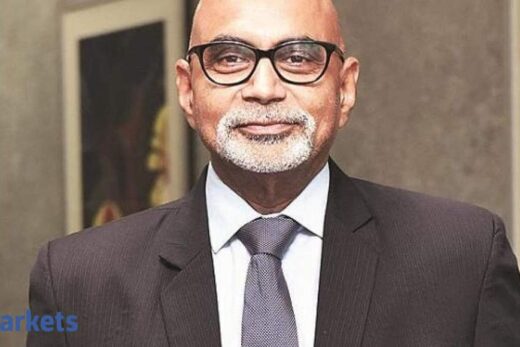Do you expect momentum to return to the midcaps?
Given that we are at fairly high levels in terms of index and valuations, even if we expect to see momentum coming back in the small and midcaps, I would urge fairly high degree of caution because while we do not expect to see a tapering off to start immediately, it is not going to be very far in the future. We cannot have the economy doing well globally and at the same time, having a very loose monetary policy. Sooner rather than later, we will begin to see central banks starting to taper off and as liquidity reduces, the biggest hit is always on the smallcaps and some of the midcaps as well. More than the valuations, the growth earnings, what really matters is lack of adequate liquidity.
In the near term, there may be an opportunity to buy up some of the stocks that have fallen off quite considerably but one will have to be willing to sit with the stocks for a long time and wait for the earnings growth to play out rather than just look at it as a trading opportunity. For trading, it is best to stay in the frontline companies.
Let us pray that even if a third wave comes, it is not that bad. Do you think the markets would be better prepared this time and what is usually the market playbook?
I do not think one can have a playbook for something like Covid, because it is something that happens once in a century, but we have seen it happen twice already. Markets still do not think that the third wave is going to be anything serious. There has been a lot of vaccination since the second wave and one is hopeful that the third wave, if it comes in any form or shape, will be far smaller and will not create any major disruption.
More sectors have got used to having people working from home except for those that need to be physically present and those sectors that need physical presence have still not fully opened up and only now have started to open up gradually. The question really is what happens to the rest of the world because the numbers coming out for example from the US and some of the other developed markets are not very encouraging. They seem to be managing it much worse and if that creates a slowdown of the economy, it could have an impact on us in a slightly different way.
For us, the important point is the monetary policy and how that works and of course, probably the best in terms of margins is behind us. From here on, we will have to see how companies adjust to the rising raw material and input prices as inflation continues to remain high.



